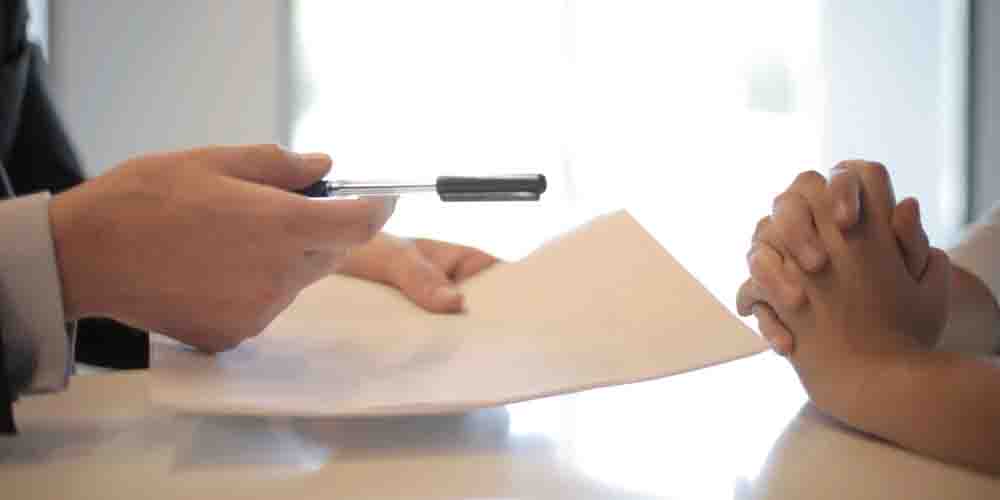How to Have a CCJ Removed From Your Credit Record

Having a CCJ can create financial difficulties for you. Ideally, you’ll want to remove the CCJ as soon as you can. Read on to find out how to get a CCJ removed. In order to find the best option, you’ll have to take your own circumstances into account.
Option One: Pay the CCJ In Full Within One Month
In most cases, there won’t be time to prevent the CCJ from showing up on your credit file. However, if you’re able to pay it off in full right away, removing it will be an option.
If the creditor has already gone through the CCJ process, the total amount owed may be higher. Still, if you’re able to pay off the entire debt in one month’s time, you can request that it be removed from both the Register of Orders and your credit file.
Court orders, fines, and judgements are all recorded in the Register of Orders. This public register, which is sometimes referred to as the Register of Judgements, may be checked by lenders when you request credit or services.
You should be aware that the CCJ won’t automatically be removed from the register when you pay. You must request that your creditor remove it and notify the court. If they fail to do so, however, you still have the option of applying to have it removed. With that said, this will cost £15.
Option Two: Pay the Entire CCJ After One Month
It may not always be possible to pay off all your debt in a month, especially if you owe a lot. Still, from a credit standpoint, paying it off after a month has passed is a better option than not paying it at all. That’s why you should try to get it settled as soon as you reasonably can.
Although the debt won’t be completely removed if you pay it off after 30 days has passed, it will be marked satisfied. You’ll even be sent a Certificate of Satisfaction as confirmation.
Even though a CCJ will remain on your credit file for six years when it’s marked as satisfied, it will be less of an issue for lenders. It’s easier to get credit when you don’t have an unsatisfied judgement.
Option Three: Have the CCJ Set Aside
Debtors aren’t always in court when they are given CCJs. Because of that, a CCJ can be handed out when it is undeserved. If this happens to you, you can request that the CCJ be set aside.
There are many reasons that you can request to have the debt set aside. As example, you might not be the one responsible for the debt, you may not have been given the appropriate notice, or some of the details may be inaccurate. You could also request to have it set aside if you believe that you don’t deserve the CCJ.
This can be a difficult process. This will be decided in court at a private hearing. You’ll have to provide evidence to support your claim, such as proof of payment. If the court does decide in your favor, the CCJ will be removed.
Even if your hearing is successful, you’ll have to pay a £255 in order to have the hearing. If you fail to attend the hearing, your claim will be rejected, and the CCJ will stay on your credit file.
Option Four: Wait for the CCJ to Be Removed
If you’re willing to wait, a CCJ will automatically be removed in six years, regardless of whether it’s satisfied. There’s no application process necessary; it will be removed on its own. You may not be willing to wait that long, but this is a valid option for those that are willing to be patient.
Option Five: Correct Inaccurate Details
If any details related to your CCJ are incorrect, or if there are other issues with the judgement, you can request that this information be amended. As an example, the case number might not be correct, or the address details could be wrong. You should try to correct even minor details.
If you do spot any issues when you check your credit record, contact both the credit agency and the lender. You may be able to have those details corrected, which can help to minimize the impact that the CCJ has on your credit.





